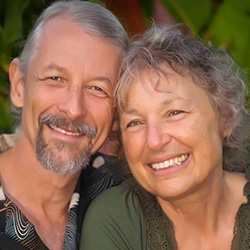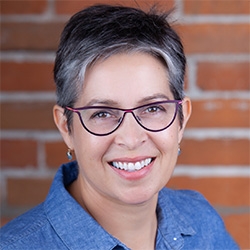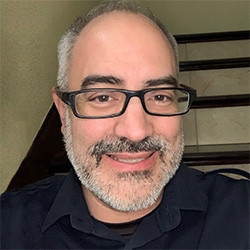
Search Results: apology
-
Join CNVC Certified Trainer Arnina Kashtan as she examines the nature of guilt and how apologizing often fails to connect us to our needs.
-
In this brief audio, Jim Manske uses a live situation to demonstrate how to use the NVC process in an apology. Jim starts by identifying the four steps to self-connection before expressing your apology.
-
How do you repair a relationship when your words or actions unintentionally impact another in a negative way? And what keeps you from apologizing? Join Lore to explore – and answer – these questions and more!
-
-
Many families are far more complex and varied than they used to be. In this recording, Miki works with participants, focusing on specific challenges they’re facing with family members. Listen In.
-
Often making an apology is not enough because people want greater depth of understanding and empathy. Instead of judging ourselves or feeling guilt we can "mourn" what we did that stirred up pain in others. This can bring about a sweet pain that leads to change. Then we can ask ourselves what we can do next time and make a commitment to do this and/or offer a regrets to the person expressing feelings and needs.
-
Instead of doing an "apology" using the NVC framework, you can do a "do over" to express regret. This roleplay exercise shows you how. You'll be talking about your needs that were not met by what you did, expressing what you wanted to say instead of what you said, and more.
-
When someone stimulates your pain, you may want them to express care and empathy for your experience. If they're unwilling, you may resent it. You may forget the power of many strategies to meet a need, and you lose your agency. This can lead to reactive habits in you -- such as pleading, demanding, or attacking. Here are reasons you may not be getting an apology or empathy, and what options you have in moving forward.
-
Relationship repair means building connection and care after disconnect and unmet needs. It requires intention to connect and take responsibility for your behavior by naming what didn’t work, offering empathy, and making a plan to do something differently next time. When you have enough empathy to find care and curiosity for them, reflect the other person's observation, thoughts, feelings, needs and requests. Focus on this more than on details of the event.









